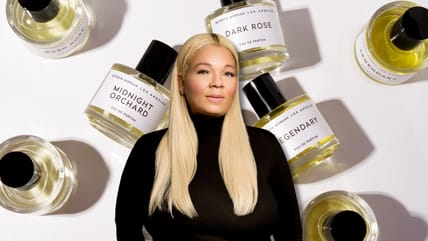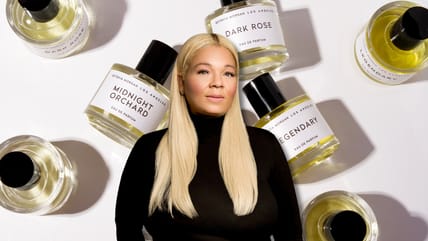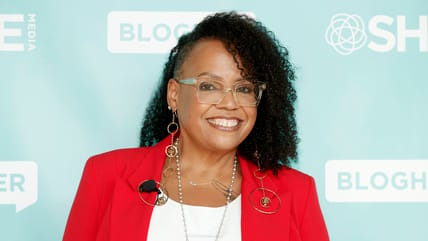As inflation surges and tariffs rise, Black entrepreneurs are not shrinking in fear—they’re showing up, strategizing, and pushing forward with purpose. I saw this firsthand Tuesday evening at the Russell Innovation Center for Entrepreneurs (RICE) in Atlanta, where dozens of Black founders gathered for a powerful night of solution-driven dialogue, connection, and clarity.
The event, part of RICE’s ongoing “Retail Readiness” programming, was more than just a panel. It was a survival forum—and a reminder that Black business owners have always had the creativity and courage to adapt under pressure. In a time when economic headwinds are hitting product-based businesses hardest, this community is leaning into strategy, not scarcity.
Tariffs Are Up, But So Is Wisdom
One of the core challenges explored was the growing strain of tariffs on imported goods, which are driving up costs across the board—from materials and packaging to international shipping. While the threat of economic uncertainty loomed large, the vibe in the room was anything but panicked.
When asked if they were afraid of the rising tariffs, only a few attendees raised their hands. But when asked if they were feeling the impact, nearly everyone did. Instead of alarm bells, the conversation centered around solutions: streamlining logistics, taking control of warehousing, cutting unnecessary spending, and reevaluating third-party vendors.
The prevailing message: be agile, not afraid. Panelists urged us to audit operations before making drastic changes. The goal isn’t to shrink in response to pressure—it’s to move smarter.
Thinking Bigger, Not Smaller
Another powerful takeaway? The need to redefine what “small business” actually means. Many Black entrepreneurs limit their scale out of habit or perceived constraints. But as the panel pointed out, under federal definitions, a small business can employ up to 500 people. That means we’ve got room to dream—and build—bigger.
Terri-Nichelle Bradley, founder of Brown Toy Box, drove this point home with her own journey. Known for placing her educational toys in major retailers like Target, Bradley is now opening her own brick-and-mortar toy store in Atlanta on May 14. It’s a bold pivot that puts ownership back in her hands—and her story was a standout example of what it means to reclaim narrative and strategy.
“Black business owners don’t need every answer right away,” she told the room. “We just need to be willing to figure it out.”
Reclaiming the DEI Narrative
The conversation also tackled a hard truth: the post-2020 surge of corporate DEI funding and pledges is fading. But the energy in the room wasn’t bitter—it was focused. If external support is drying up, the answer isn’t to wait—it’s to refocus.
Panelists encouraged us to double down on authenticity and connect more deeply with the communities already rooting for us. That means consistently showing up, pitching unapologetically, and nurturing relationships with those who intentionally buy Black, women-owned, and veteran-owned.
This isn’t just about representation—it’s about ownership, self-definition, and economic independence.
The evening ended on a high note with a hands-on networking activity. We were asked to write down two things: what we needed and what we could offer. Then we exchanged that information with someone across the room. It was more than an icebreaker—it was a blueprint.
The message was crystal clear: relationships are resources. And in rooms like this, collaboration is currency.
At a time when headlines talk recession and pullback, the entrepreneurs I sat with are doing the opposite. They’re not waiting for a bailout or miracle funding. They’re building their future, one intentional move at a time.
No panic. Just purpose. And a whole lot of power in the room.







